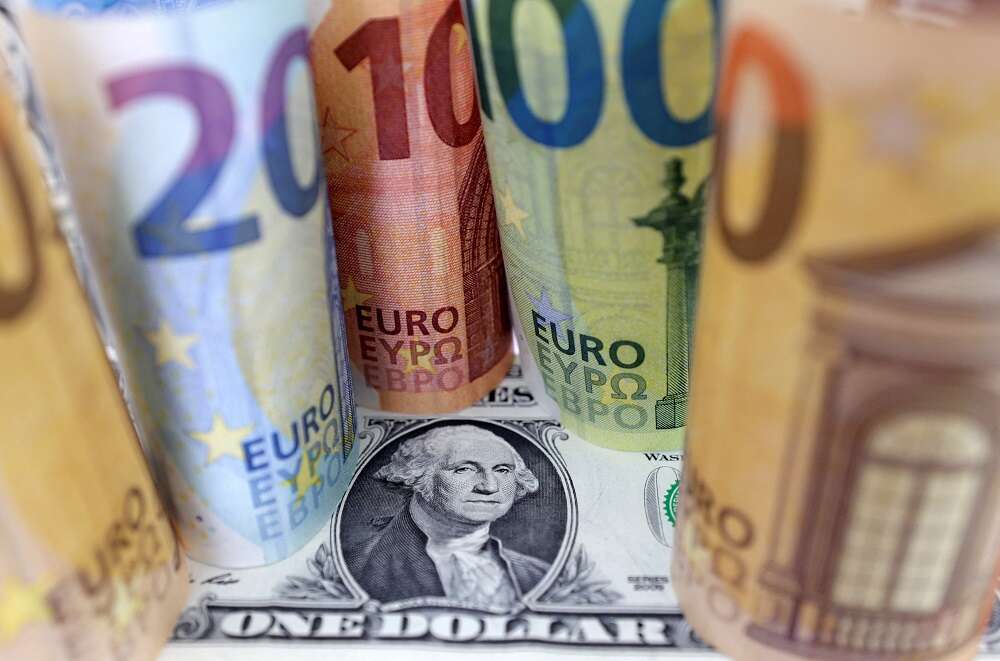
By Alun John
HONG KONG (Reuters) – The Australian and New Zealand dollars were volatile in Asia on Wednesday, before ending up back near where they started, providing some excitement ahead of the release of minutes of the U.S. Federal Reserve’s latest meeting later in the day.
The kiwi jumped to as high as $0.6383 after the Reserve Bank of New Zealand hiked rates by an expected 50 basis points (bps) and pointed to the need to bring forward the timing of future rate increases.
The currency then pared its gains and was last 0.28% higher at $0.6361.
“It (the RBNZ’s remarks)was marginally on the hawkish side, enough to keep the pressure on rates,” said Jason Wong, senior market strategist at BNZ, who said the track for the official cash rate implied another 50 bps hike in October.
Across the Tasman Sea, the Australian dollar fell as much as 0.5% after data showed Australian wage increases missed forecasts and lagged badly behind inflation. It later pared those losses to trade down 0.15%, holding back just above the symbolic $0.7 level. [
Elsewhere, the dollar index, which tracks the greenback against six main peers, was a fraction lower at 106.3, having ended on Tuesday largely unchanged.
The index has recovered most of the ground it lost last week after a cooler-than-expected U.S. inflation reading but remains well off its mid-July top of 109.29.
“The Fed’s beef with the market in recent days and weeks has been that they (the Fed) don’t subscribe to the market’s view that it will be cutting rates in 2023,” said Ray Attrill, global head of FX strategy at National Australia Bank.
“So if there are things in the minutes that push back against that notion, and that leads to a repricing of the U.S. rate curve for 2023, that could be a catalyst for a reversal of the U.S. dollar weakness that has characterised this last month or so.”
Also of interest is whether the recent equity market rally would continue, he said, as risk sentiment and the U.S. dollar had been negatively correlated in recent months.
The euro was steady at $1.0180 after squeezing out small gains overnight, and sterling was last fetching $1.21225, up 0.2% ahead of inflation data that is expected to be red hot.
The Japanese yen was at 134.1, little changed in Asia trade. The currency has been a major beneficiary of the softer dollar and firmed to as much as 131.7 per dollar last week, but has since given back some of those gains.
In cryptocurrencies, bitcoin was back hovering around $24,000, down from a two month high of $25,200 hit Monday.
(Reporting by Alun John; Editing by Shri Navaratnam and Kim Coghill)


